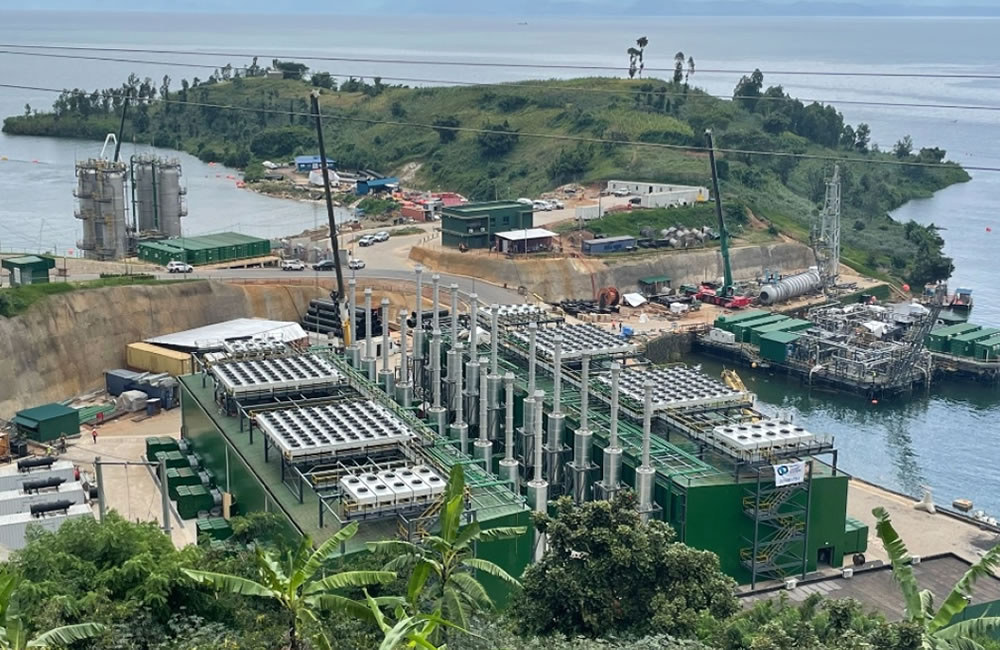On Wired, staff writer Katie Collins recalls her time visiting Rwanda to cover one of Africa’s biggest technology conferences and report on the country’s impressive accomplishments in the fields of science, business, and technology.
She writes the following: “The things I saw in Rwanda — the innovation, the startup hubs, the 4G rollout, the political determination to wean the nation off aid — were remarkable, but it is the deep-seated desire for change driving it all that makes the country unique. That desire derives from the darkest possible place — a fear-inspiring place the people of Rwanda know all too well, and fight hard not to return to.”
It’s been around six months or so since I went out to Rwanda to report on one of Africa’s biggest technology conferences and, at the same time, observe some of the country’s accomplishments in the science, business and technology sectors.
To the outside world, Rwanda has transformed itself in twenty years beyond recognition, and yet speak to survivors of the country’s genocide and they will all tell you the same thing: that they feel no time has passed at all, that it could have been yesterday, that their wounds will never cease to feel raw.
“In the life of country, twenty years is nothing,” pointed out Louise Mushikiwabo, Rwanda’s Minister for Foreign Affairs, speaking at the Kwibuka20 Global Conversation in the House of Commons yesterday. This statement revealed both the extent of the country’s success, and the cloak of darkness that will continue to hang over Rwanda for some time to come.
The meaning of time is a funny thing — in the life of a human, twenty years is huge. In my own, relatively short life, even six months is a significant period, but what I came to understand while I was in Rwanda in October is at the forefront of my own, still-developing mind on a daily basis.
In April 1994 when I was turning six years old, other children, some of the same age, were being brutally slaughtered every minute of every hour of every day — 400,000 in total, each murder planned and pre-orchestrated.
The things I saw in Rwanda — the innovation, the startup hubs, the 4G rollout, the political determination to wean the nation off aid — were remarkable, but it is the deep-seated desire for change driving it all that makes the country unique. That desire derives from the darkest possible place — a fear-inspiring place the people of Rwanda know all too well, and fight hard not to return to.
The genocide is both easier and harder for us to remember if we are not Rwandan. Easier because remembering is not something that causes us to relive our personal anguish on a daily basis; harder because we are distanced from it, because of, well, distance.
And yet, by definition, we cannot distance ourselves from crimes of humanity, because they reveal the potential for deterioration into evil of all of humankind. Genocide is the worst thing, not only because it is something horrific that happens to people, but because it happens because of people, and Rwanda is not the only country that needs to be reminded of this.
“In this media-saturated environment,” warns Mushikiwabo, “the picture in the world’s collective memory could become blurry.” And she is right; there is the very real risk that people, for whatever reason — lack of education, lack of interest in world affairs, the speed and volume of the news that’s bombarded at us — won’t think with clarity about the significance of what happened in Rwanda, and what that should mean to them. They won’t consider that what happened was carefully plotted by human minds and despite a mass of evidence, that the rest of the world and even the UN — the organisation partly set up in order to prevent exactly this — stood by and let the atrocities take place in an appalling failure of our responsibility to protect one another.
We don’t remember just to sympathise. The reason we remember is because by not remembering, by passively not acknowledging what human beings are capable of, we actively increase the risk of a similar thing, at some point, happening again. As Mushikiwabo rightly points out, “we still have inhumanity within us.” It is everyone’s responsibility to make sure that inhumanity is not allowed to flourish.
